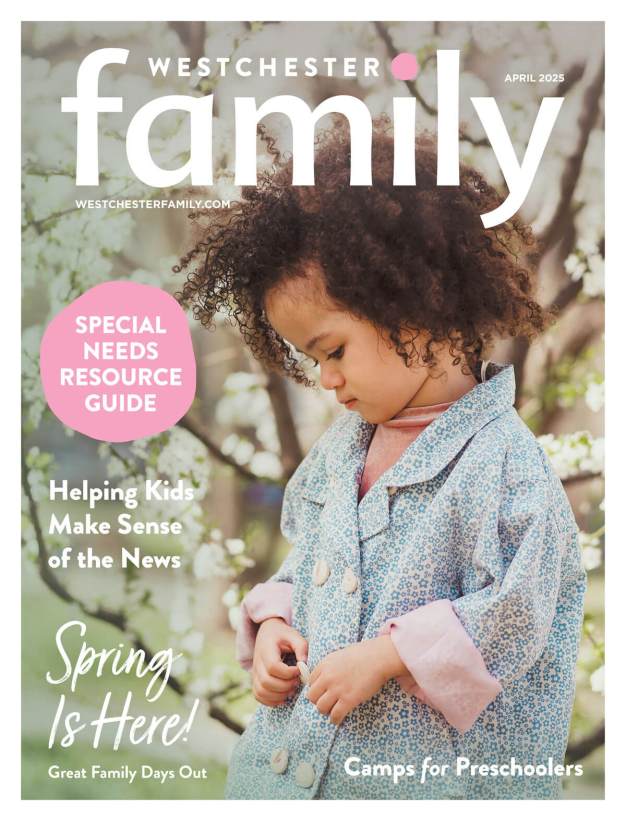Time and again we hear when schools and parents support the efforts of one another children learn more. Getting kids to talk about their day is an excellent way to get involved in your child’s education that is closely linked with higher achievement. It also allows parents to plan supplemental activities, advocate appropriately and work with the school more effectively to establish the all important home/school partnership. But if you’re like many parents you wish your child would volunteer more information about his educational experience.
It’s a classic parenting dilemma – many parents find their kids clam up when they are asked about their school day. How can we get past the typical refrain of “Fine?” While there is no quick fix, by using different communication strategies consistently your kids can feel less like it’s an inquisition and open up, sharing more about their often- mysterious school day.
As you communicate more effectively with your child about their school day, you will be better able to help them with their challenges, promote problem solving and celebrate their achievements.
Getting the Conversation Started
- Set The Groundwork: Start with the fundamentals of good parenting. Be generous with your love, approval and encouragement. Keep expectations realistic and developmentally appropriate or kids will censure what they discuss.
- It’s About Time: Back off right after school and choose a time to inquire wisely. When your child comes home from school allow time to relax, unwind and regroup. Depending on the age of your child let them have a healthy snack, play for a bit or simply zone out.
- Be a Safety Net: Offer unconditional support and your undivided attention, stop what you’re doing, make eye contact and actively listen. Avoid lectures and criticism. Don’t automatically side with or against the teachers as this turns kids off they shut down. Take cues from your child and become a trusted confidant who your child feels they can engage in meaningful discussions. If your child starts talking spontaneously – stop and listen. Give them space to talk. Your job is to listen without judgment. Be attentive, non threatening and say things like: really, wow, that’s interesting can you tell me more?
- Ask Open Ended Questions: Avoid questions that are too general such as how was your day. Instead ask: You look tired, how was your math class today? Do ask questions that require more than a one-word answer and require some thought like, what was the best part of your day? What did you do at recess? The more specific your question, the more likely you’ll inspire dialogue.
- Validate Concerns: Don’t feel compelled to jump in with advice and feel you must solve every problem. Your child may just be looking for a sympathetic ear after an especially hard day or they may need some praise for handling the issue independently. Show you believe your child can find solutions with or without your help. By helping them figure it out for themselves, you are giving him the tools to problem solve independently.
- Do Carve Out Family Time to Connect: Everyday over dinner (with all media turned off) make dynamic conversation about the day a ritual. Be a good role model, setting the norm by talking about your day. You can discuss not just the positive highlights but something that didn’t go well. It’s especially helpful when you can describe how you learned something new. Set the tone by sharing your experiences and work to develop your child’s conversational skills.
- Stay in the Loop: Demonstrate school is a priority by going to PTA meetings, parent/teacher conferences, back to school nights and special events. Volunteer, if you can, for a field trip or in the classroom. Read the school newsletters, be familiar with the curriculum and keep in touch with teachers to develop a rapport. Help your child with his homework and special projects. By doing so, you will know what your child is working on, be better able to start meaningful discussions and plan learning activities accordingly.
Dawn Marie Barhyte is a former educator and local freelance writer.














